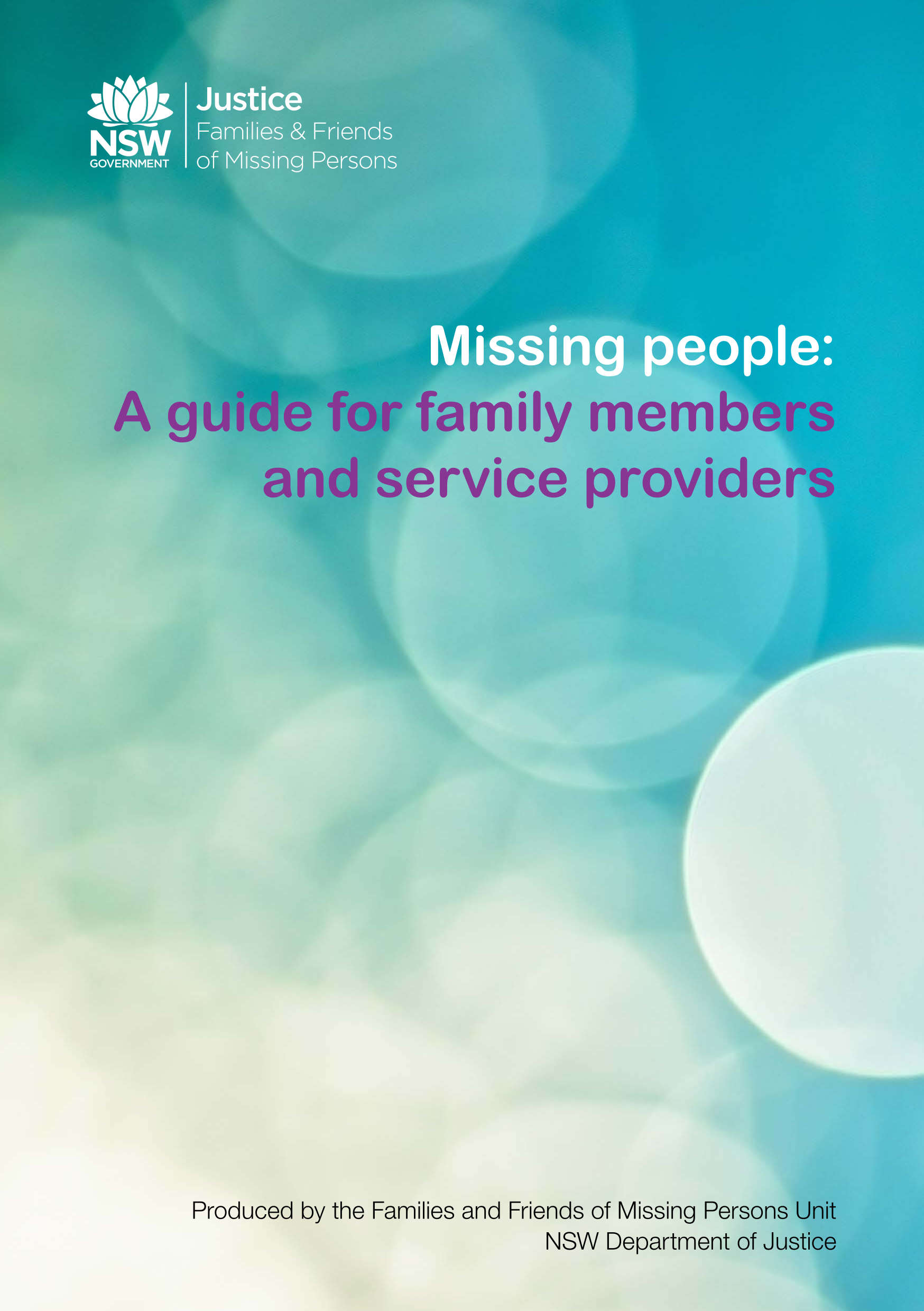Table of contents
Share Post
- Listening is more important than talking. Ask open-ended questions to encourage your loved one to open up. They will talk and express at a level that they are comfortable with. It is good for them to talk about their experience however, it cannot be forced, so meet them where they are and gauge the conversation accordingly.
- Be genuine with your feelings. If you are not feeling it, then it’s better not to say it. Honour and validate their feelings – allow them to express and try not to say things to shut down this process.
- Understand that their experience is rather unpredictable, all over the place emotionally and profoundly stressful. This may show up as ever-changing moods and uncharacteristic or unexpected behaviour – being snappy or short. Have broad shoulders and do not take it personally. Sometimes the emotions they are feeling are overwhelming and can become hard to control and express.
- Understand that there is a strong need to live day-by-day. Flex your plans with an awareness of this reality.
- Offer practical support where you see a need – offer to provide dinner, run an errand, take care of shopping,etc.
- Try to keep things as natural as possible. Remember that while they are in this experience, they also need to live their life as normal and natural as possible.
- Avoid philosophical statements such as; “Good will come out of this” or “God only gives us what we can handle.” These types of remarks, although well intended, can be very upsetting for your loved one to hear.
- Although, the experience is primarily about your loved one, it’s OK to let them see that you are hurting too. If you think that your emotions are very raw or intense, talk to someone else first who can help you express what you are feeling and support you so that you will not overwhelm your loved one. It is a delicate balance.
- Comment about the missing loved one – things you love about them, moments you have shared and treasure.
- It is natural for your loved one to “wall-off” or “pull back”. They are in “unfamiliar territory” but still need a tremendous amount of support. DO NOT take this personally. Continue to stay in touch through phone calls, emails, etc.
- It is human nature to look at another’s situation and think you may know what you would do. Try not to do this because it is a form of judgment and diverts your attention and efforts away from supporting your loved one. Unless we have walked in their shoes, we really do not know what we would or would not do.
Written by Cindy S. in May 2012. Cindy’s suggestions are based on her insights and experiences as both a support person and family member dealing with the disappearance of an adult loved one.


